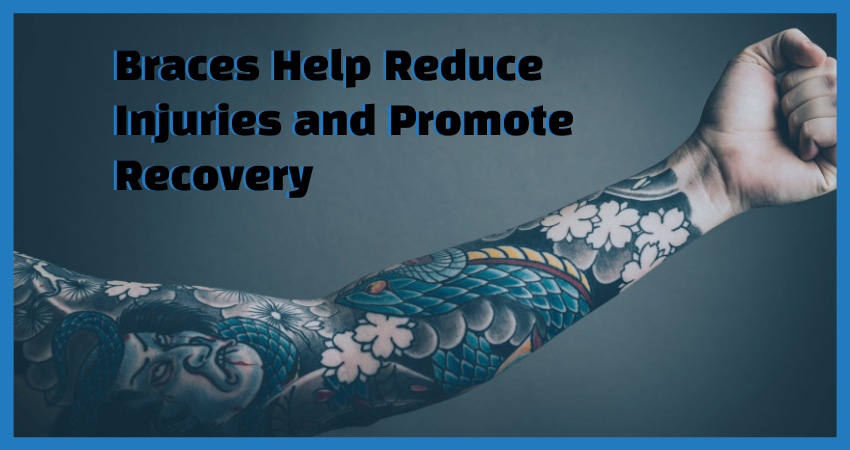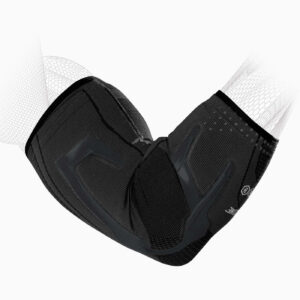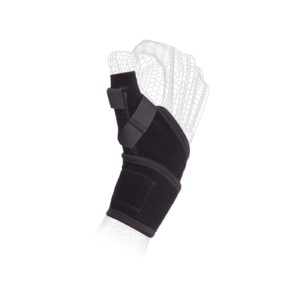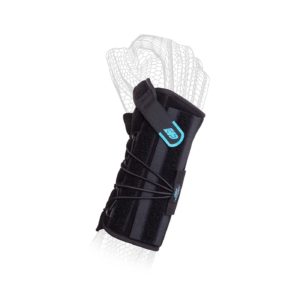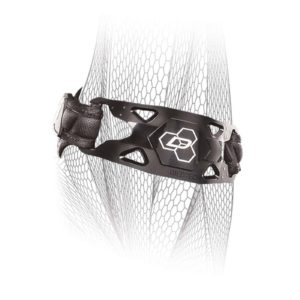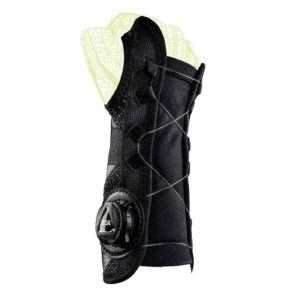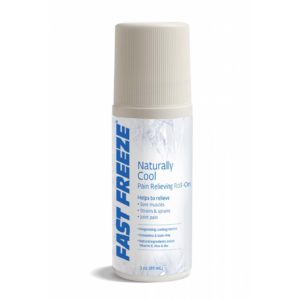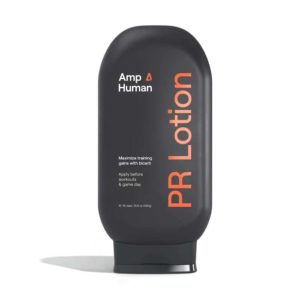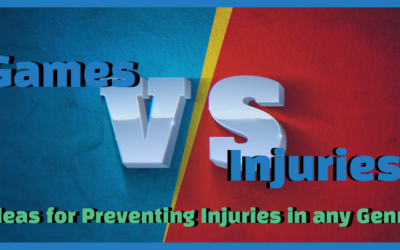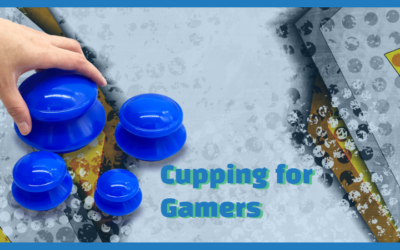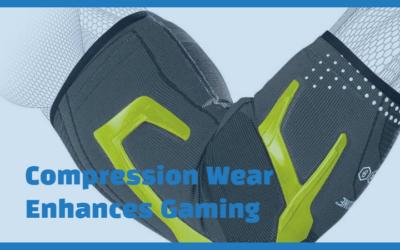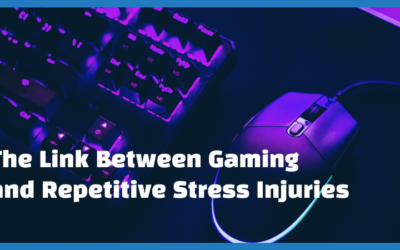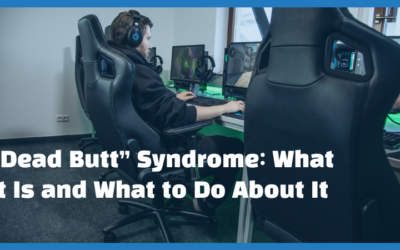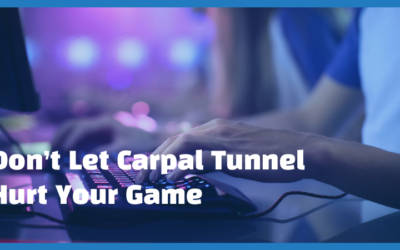For spectators, esports may seem like a sedentary activity, but professional gamers actually perform hundreds of micromovements every minute. These include rapid keystrokes and mouse clicks that can strain the wrist, fingers, lower arms, neck, and back. Over time, this constant physical load may lead to numerous problems such as muscle weakness, nerve compression, lower back pain, and tendinopathy—the latter of which refers to damaged tendon tissue [1-3].
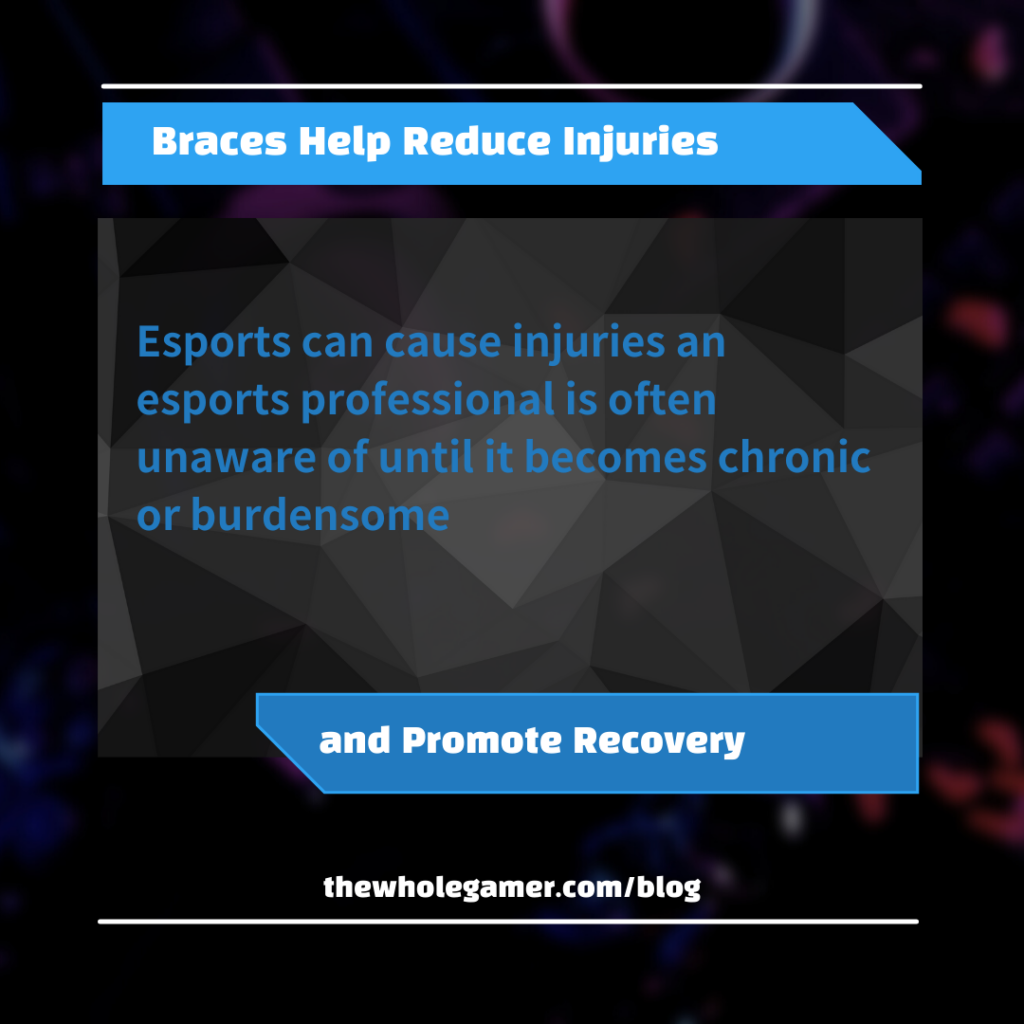
Due to the nature of esports, professional gamers who don’t take extra precautions may gradually begin to suffer from lingering injuries that make it difficult to enjoy their career due to missed matches. If the pain and discomfort persists, worsens over time, or requires surgery, an avid gamer may even face early retirement.
Esports engage fine motor skills that can gradually and unsuspectingly affect the musculoskeletal system—causing injuries an esports professional is often unaware of until it becomes chronic or burdensome [2, 3]. Taking preventative measures such as using a brace (e.g., wrist brace) before or after a long gaming session can help prevent injuries or promote recovery if an unexpected injury occurs [1, 4-6].
Braces Offer Added Support
A wrist brace —also called a wrist-hand orthosis—can help minimize the risk of injury by reducing pressure on the median nerve in the wrist and preventing awkward wrist movements. The median nerve extends from the forearm through a narrow passage in the wrist called the carpal tunnel and continues into the hand. Compression of the median nerve is linked to carpal tunnel syndrome, which is a common issue for professional gamers [3].
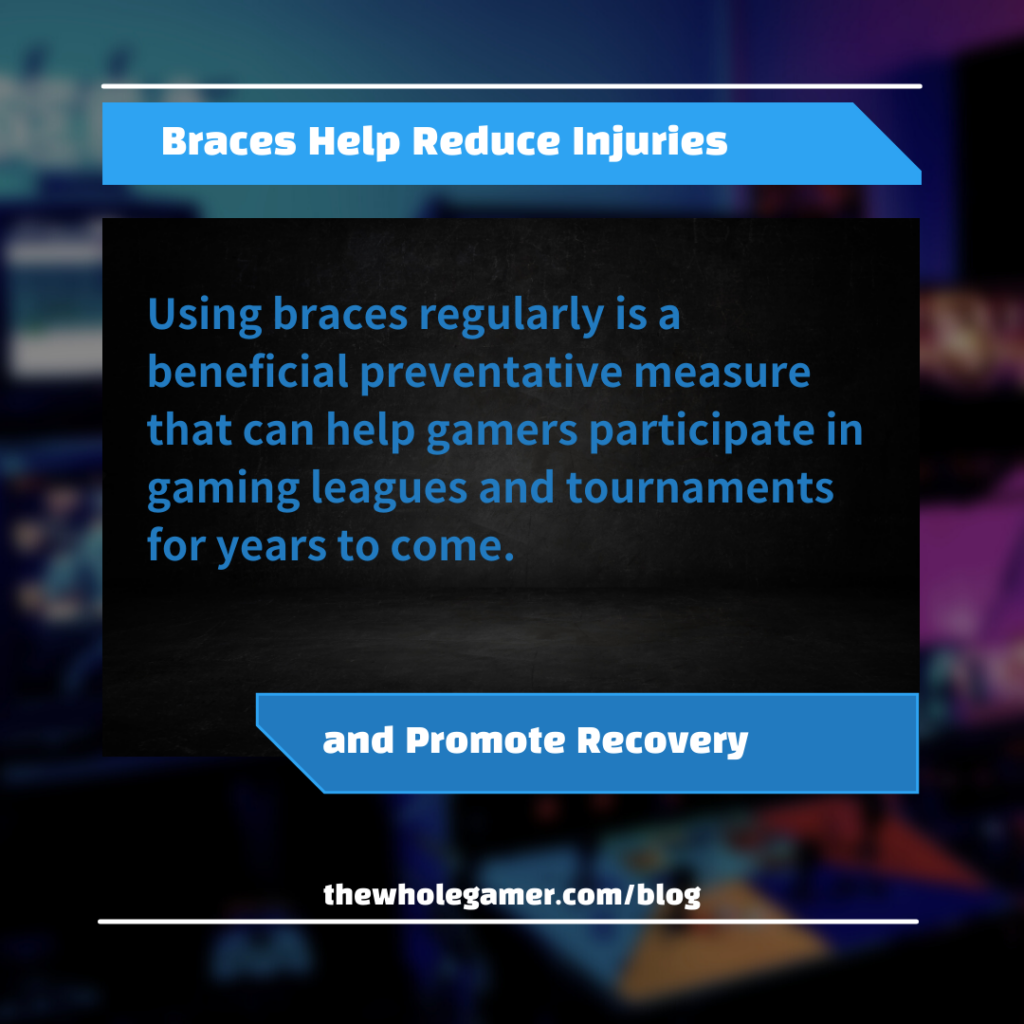
A wrist brace also helps relieve pain and supports recovery by immobilizing the wrist, while allowing the thumb and fingers to move in an unobstructed manner. More specifically, a brace holds the wrist in a straight position—preventing pain that may develop when bending the wrist squeezes the median nerve. Using a brace after a gaming session, as well as during sleep, further improves symptoms of carpal tunnel and other repetitive strain injuries (RSI) linked to esports by keeping excess pressure off of the median nerve [3, 4].
In addition to hand or wrist injuries, avid gamers often report experiencing neck as well as upper and lower back pain due to poor posture while sitting during long sessions [5]. Similar to a wrist brace, a back brace can help relieve pressure on the spine for gamers suffering from mild to moderate back pain. Back braces—also known as lumbar orthoses—afford additional benefits that include [6]:
- Accelerating recovery by stabilizing or immobilizing the back
- Offering spinal support for weakened spinal discs
- Promoting more controlled back movement
- Helping to correct existing deformities
- Minimizing the progression of spinal bone or muscle damage
Furthermore, research shows that when back braces are used for short periods of time, they target common back issues (e.g., pain, stiffness, spasms) and evenly distribute weight to lower the risk of future back injuries [6].
Overall, braces offer exceptional support for esports professionals. Using braces regularly is a beneficial preventative measure that can help gamers participate in gaming leagues and tournaments for years to come.
- Andres BM, et al. Treatment of Tendinopathy: What Works, What Does Not, and What is on the Horizon. Clin Orthop Relat Res. 2008;466(7):1539-1554.
- Helliwell PS, Taylor WJ. Repetitive strain injury. Postgrad Med J. 2004;80(946):438-43.
- van Tulder M, Malmivaara A, Koes B. Repetitive strain injury. Lancet. 2007; 369(9575):1815-22.
- Bhanderi DJ, et al. Computer Use and Carpal Tunnel Syndrome: A Case-control Study. Indian J Occup Environ Med. 2017;21(3):109-114.
- Fernandez-de-Las-Penas C, Alonso-Blanco C, Cuadrado ML, Pareja JA. Forward head posture and neck mobility in chronic tension-type headache: A blinded, controlled study. Cephalalgia. 2006;26(3):314-319.
- Schott C, Zirke S, et al. Effectiveness of lumbar orthoses in low back pain: Review of the literature and our results. Orthop Rev (Pavia). 2018;10(4): 7791.

